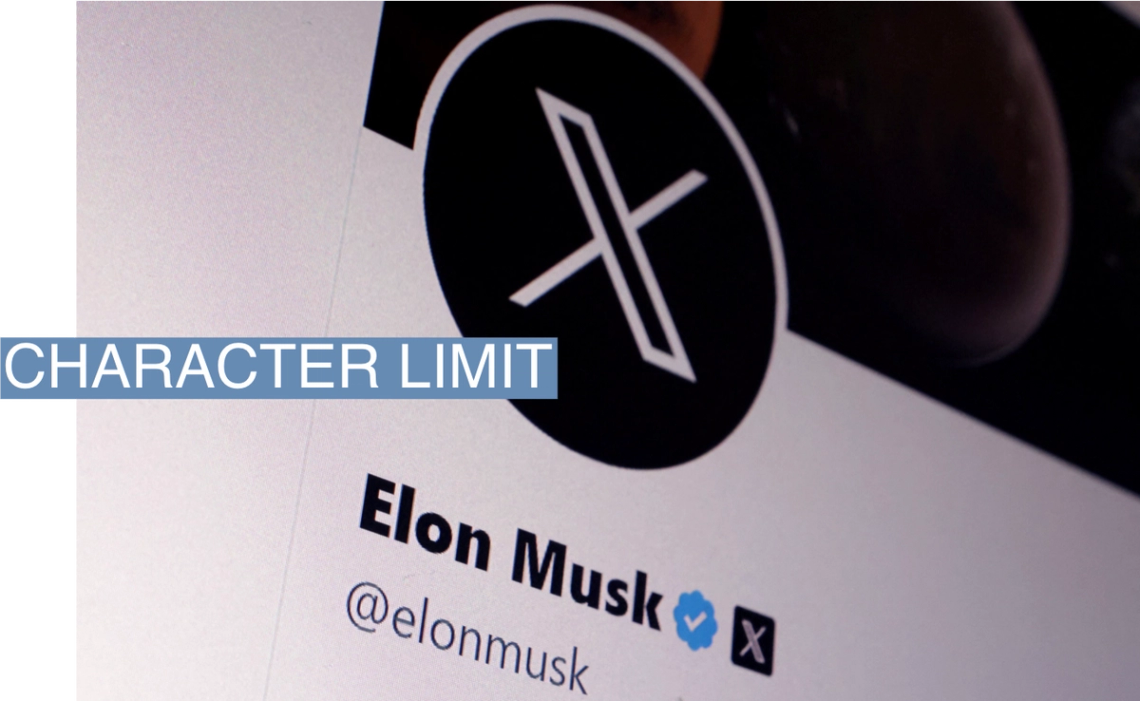Dennis Woodside is president of Freshworks, which builds back-end software that helps companies provide customer support. He has also been an executive at Google, Dropbox, and Impossible Foods. Q: Do AI customer service bots risk creating an embarrassing incident? A: We think of AI as helping in three ways. It helps self service. The second is acting as a co-pilot for the [human] agent and making the agent more productive. For example, it’s pretty common if you’re a customer support agent to have to summarize an interaction that may have gone across a couple of days and a couple different exchanges. AI can summarize that at the push of a button into a short paragraph that anybody can digest. And then there are insights. So if I am managing a customer support team of 100, the AI can surface insights that would be very hard to find. The AI can say, ‘Good morning, Dennis. Wanted to make sure you are aware that there’s a spike in dissatisfied customers over the last couple of days. Do you want to learn more?’ The risk of an AI failure, if you’re surfacing something to a customer support agent, is not that high. Over time, the bots are going to comply with norms of response and language, and the guardrails are going to be more developed.  Q: Has there been an evolution with your customers over the past year? A: I’d say it’s more of a revolution. Every company was aware of AI a year ago. Now every customer support leader or IT leader, sales and marketing leader are aware. They have to have a strategy for how they’re going to deploy AI. Their customers are expecting it. They are all under pressure to spend less on support operations.The software is a fraction of the labor costs. So they’re looking at either not growing their labor cost or cutting it entirely and using software to solve the problems humans were previously solving. Q: I’m sure you still talk to people at Google. Do you think AI is a threat to search? A: I had a customer email me the other day looking for a new IT service product. In the past, they would Google it. Now they just went to ChatGPT. They said we have 500 employees. We need something that’s flexible, fast, does the following 10 things, and has the following security requirements. What do you recommend? ChatGPT ranked the order, spat out what it recommended and why. We were at the top of the list. More people are starting to use ChatGPT to solve information problems. And that’s a threat to Google. A single blue link is very different than what ChatGPT provided in that example. As more customers go to ChatGPT as their starting point, there’s a business to be built around how do you ensure your product is at the top of the answer list just like SEO came out of search. Q: Did you study that to figure out why you came out on top? A: It’s very hard to figure that out. If you think back to the early days of Google, it wasn’t that transparent how Google surfaced information. SEO sort of reverse engineered it. And then a set of practices evolved. Eventually, Google figured out it needed to give some guidance to the SEO world because SEO practices were kind of spammy. Maybe that’s what happens with ChatGPT. | 






